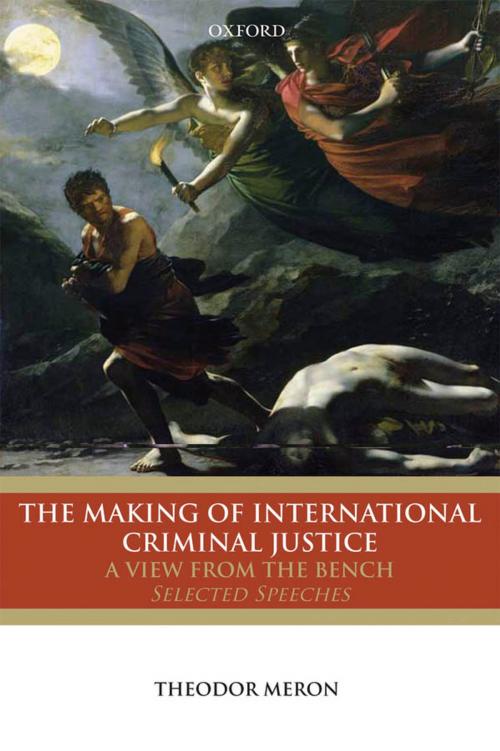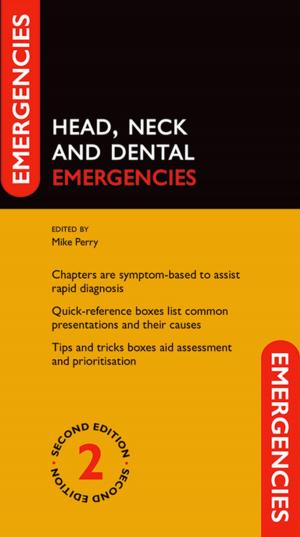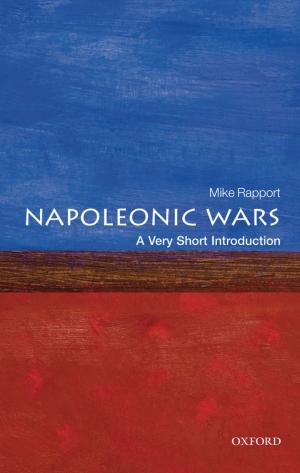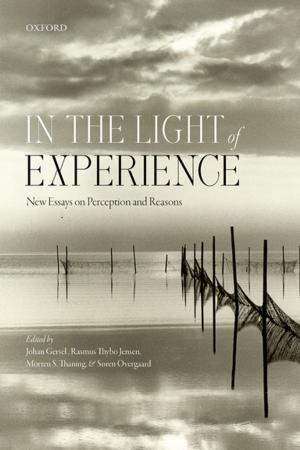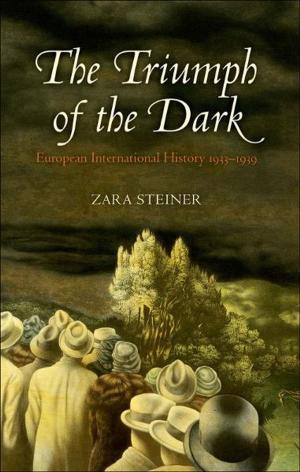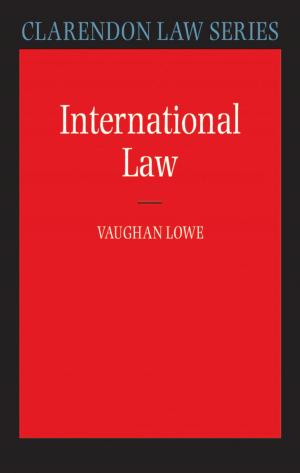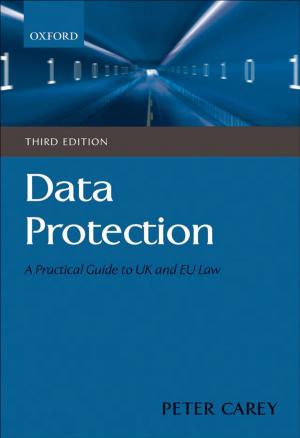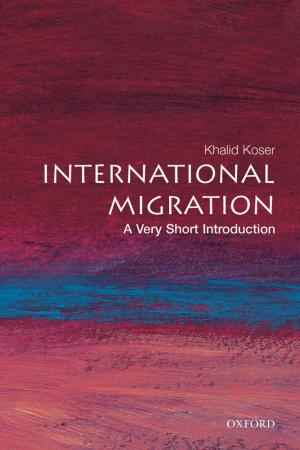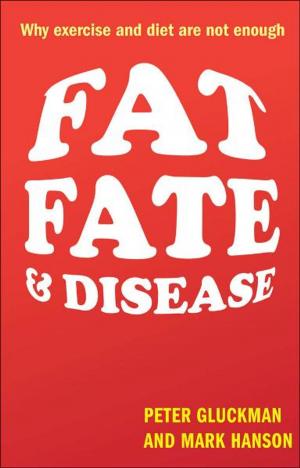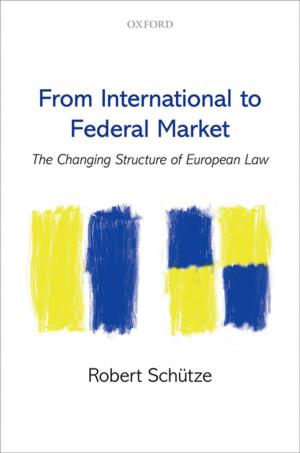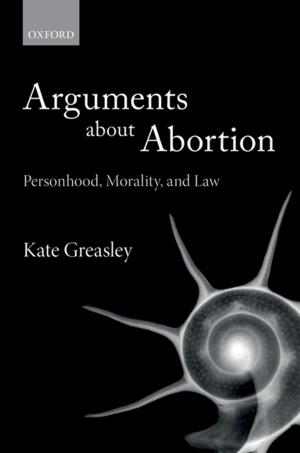The Making of International Criminal Justice: A View from the Bench: Selected Speeches
Nonfiction, Reference & Language, Law, International, Criminal law| Author: | Theodor Meron | ISBN: | 9780191648670 |
| Publisher: | OUP Oxford | Publication: | July 7, 2011 |
| Imprint: | OUP Oxford | Language: | English |
| Author: | Theodor Meron |
| ISBN: | 9780191648670 |
| Publisher: | OUP Oxford |
| Publication: | July 7, 2011 |
| Imprint: | OUP Oxford |
| Language: | English |
Until recently, and with a few notable exceptions in the wake of World War II, violations of the laws of war and international humanitarian law were addressed primarily as claims between states. However, this approach has changed radically in the last twenty years, as the international community has increasingly accepted the idea of individual criminal responsibility for violations of international humanitarian law. The International Criminal Tribunals for the former Yugoslavia and Rwanda have played a key role in this transformation and, as the trailblazers for a growing number of new international or hybrid criminal courts, in establishing the field of international criminal justice and encouraging the national prosecution of war crimes. Understanding the Tribunals' origins, their ground-breaking jurisprudence, and how they have addressed critical legal and practical challenges is essential to understanding both the revolution that has occurred over the past twenty years and how international criminal law will change and grow in the years ahead. As a leading scholar on humanitarian law, and President of the International Criminal Tribunal for the former Yugoslavia, Theodor Meron has observed and influenced the development of international criminal law as it has evolved from a mostly academic exercise to a cornerstone of the new international legal order. In this collection of speeches delivered during his first decade on the bench, he offers an insightful overview of the foundations of international criminal law as well as a unique insider's perspective on the challenges faced by international criminal tribunals, their creation of a corpus of substantive and procedural law, and the responsibilities of international jurists. Judge Meron's experience in international criminal justice makes this volume as rewarding for experts as it is for the general public.
Until recently, and with a few notable exceptions in the wake of World War II, violations of the laws of war and international humanitarian law were addressed primarily as claims between states. However, this approach has changed radically in the last twenty years, as the international community has increasingly accepted the idea of individual criminal responsibility for violations of international humanitarian law. The International Criminal Tribunals for the former Yugoslavia and Rwanda have played a key role in this transformation and, as the trailblazers for a growing number of new international or hybrid criminal courts, in establishing the field of international criminal justice and encouraging the national prosecution of war crimes. Understanding the Tribunals' origins, their ground-breaking jurisprudence, and how they have addressed critical legal and practical challenges is essential to understanding both the revolution that has occurred over the past twenty years and how international criminal law will change and grow in the years ahead. As a leading scholar on humanitarian law, and President of the International Criminal Tribunal for the former Yugoslavia, Theodor Meron has observed and influenced the development of international criminal law as it has evolved from a mostly academic exercise to a cornerstone of the new international legal order. In this collection of speeches delivered during his first decade on the bench, he offers an insightful overview of the foundations of international criminal law as well as a unique insider's perspective on the challenges faced by international criminal tribunals, their creation of a corpus of substantive and procedural law, and the responsibilities of international jurists. Judge Meron's experience in international criminal justice makes this volume as rewarding for experts as it is for the general public.
